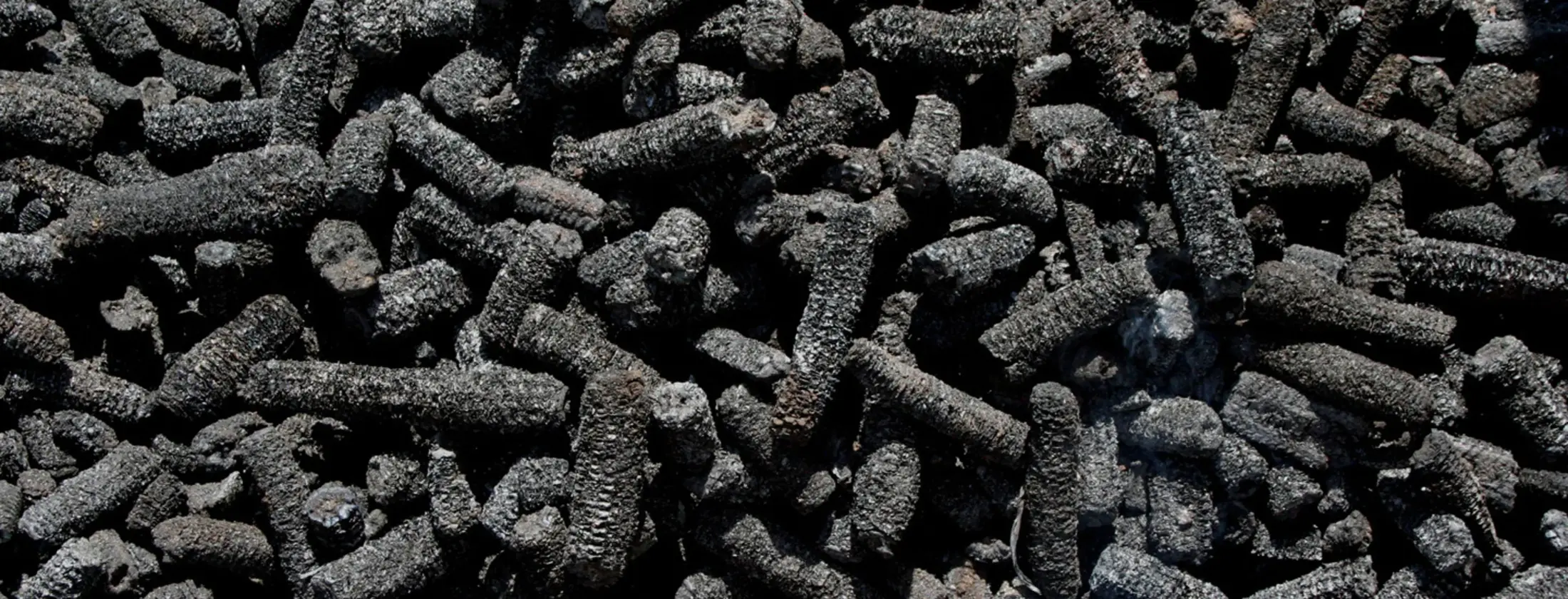Synergistic effects of digestate-derived biochar and free nitrous acid on biogas production from sewage sludge (Thailand)

With rapid urbanization and expanding wastewater treatment, effective sludge management has become increasingly complex. This study investigates the integration of pretreatment methods and additives to enhance biogas production from sewage sludge, in line with circular economy principles. Free Nitrous Acid (FNA) pretreatment and digestate-derived biochar were applied to thickened waste activated sludge (TWAS). Batch experiments tested FNA concentrations (0.5–5.93 mg N/L) and biochar dosages (2–14 g/L), with optimization via Response Surface Methodology (RSM).
FNA pre-treatment improved sludge solubilization, increasing soluble chemical oxygen demand (SCOD) by 2.21%–7.78%. Thermal treatment at 90°C showed minimal additional benefit. The combined treatment (5 mg N/L FNA and 2 g/L biochar) increased biogas and methane yields by 169% and 233%, respectively. However, methane content remained low (17.2%–26.6%) due to limited sludge biodegradability (VS/TS = 0.45) and long sludge age. High biochar dosages adversely affected biogas output, possibly due to competition between denitrifiers and methanogens, causing lag phases and absence of nitrate/nitrite.
RSM identified 5.93 mg N/L FNA without biochar as optimal for biogas enhancement. Although energy balance remained negative – mainly due to high energy input for biochar production and heating – biochar showed benefits in phosphorus capture and sludge volume reduction. These findings support resource recovery despite current energy limitations.
Future research should optimize biochar production, explore semi-continuous systems, assess higher organic sludge, and examine microbial dynamics to improve energy recovery and sustainability.

